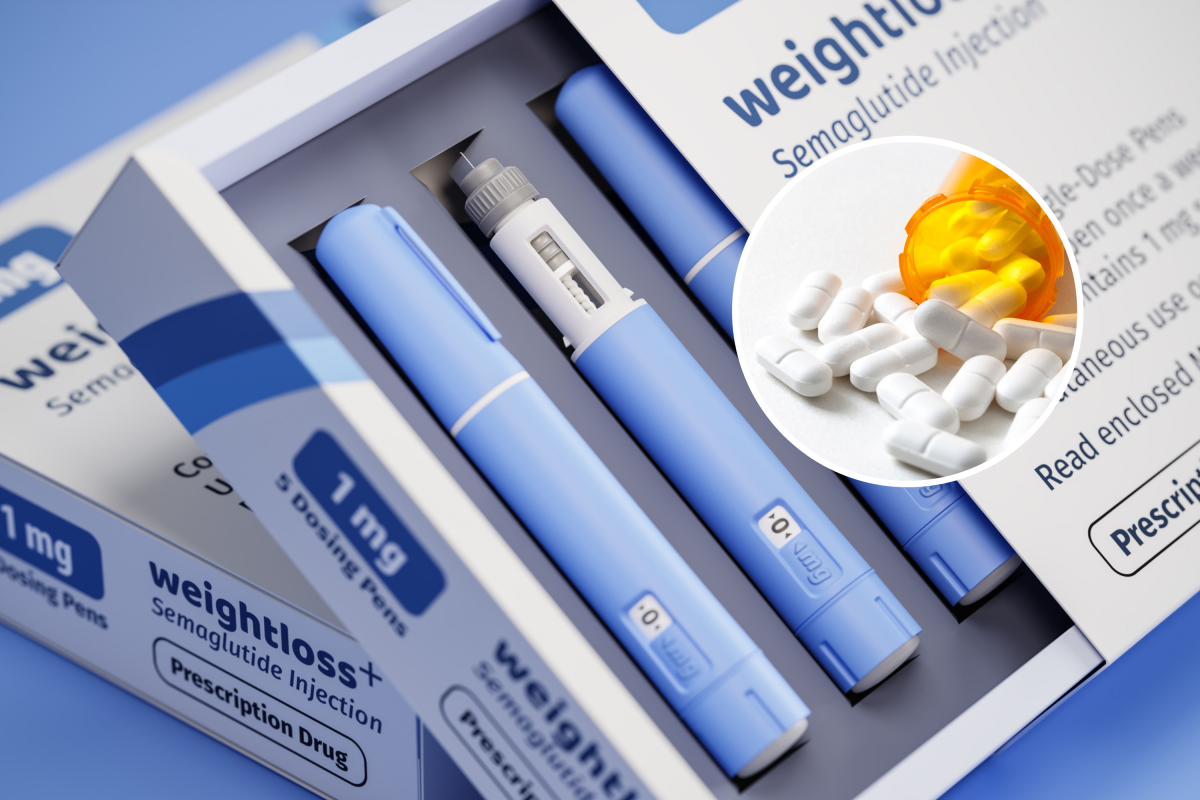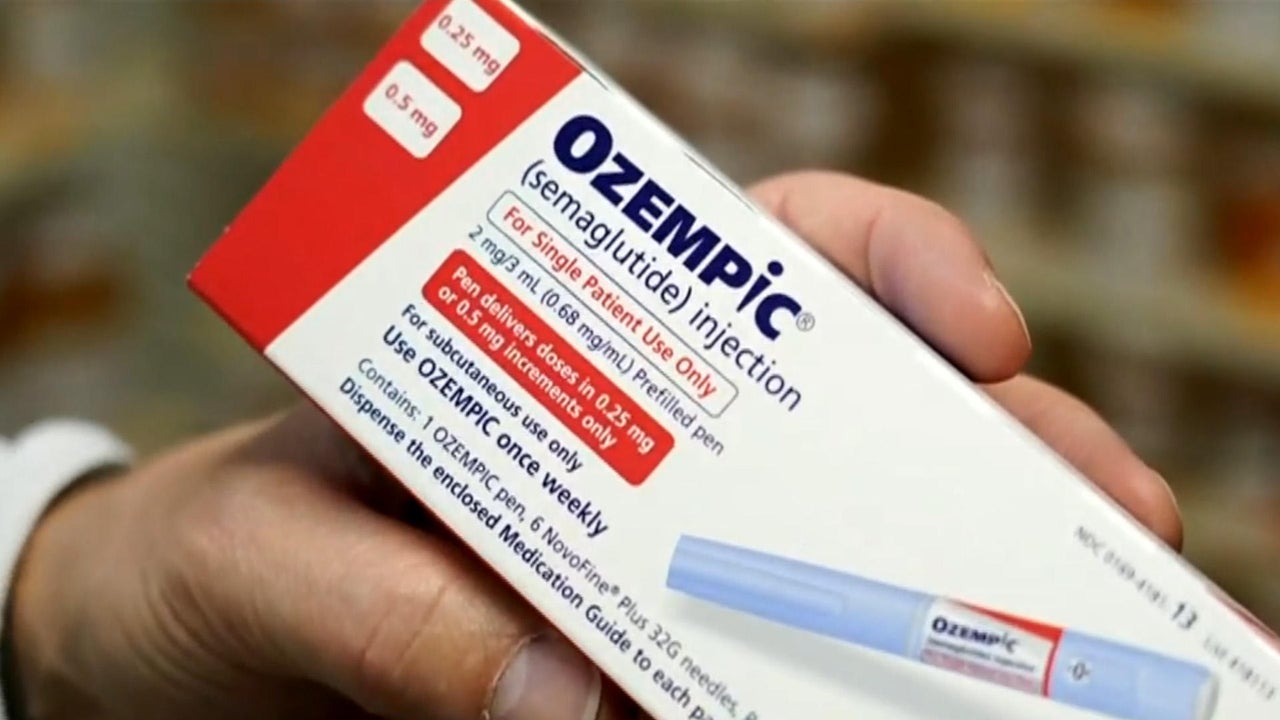
Key findings of the study

The study analyzed a large database of nearly ten years, focusing on patients with a history of alcohol and opioid use disorders. Researchers found that individuals taking semaglutide experienced:
50% lower rate of alcohol addiction than non-medicated.
40% lower rate of opioid overdose incidents among those prescribed the drug.
These results suggest that semaglutide may affect the brain’s reward pathways, which are often involved in addictive behaviors. The drug’s ability to regulate appetite and affect brain chemistry could be central to the development of new treatment options for addiction.
Read more: The Regenerative Power of Caffeine in Cardiovascular Health
Effects of addiction treatment

Dr. Céline Gounder, a CBS News health contributor, noted that if these drugs prove safe and effective in the treatment of addiction, they could become widely used pharmaceutical drugs. Currently, there are three FDA-approved medications specifically for alcohol use disorder, yet less than 2% of those affected use them.
The possibility of semaglutide serving two purposes – weight loss and addiction treatment – could change how health care providers approach these issues, especially in light of the increasing rates of substance use disorders.
Read more: Slim down with Delicious and Nutritious Weight Loss Recipes for a Healthy You!
Continuous research
Although these initial results are promising, researchers emphasize the need for more randomized clinical trials to establish a clear cause-and-effect relationship. The long-term effects of using semaglutide in drug addiction treatment are still uncertain, especially in terms of its effects on mental health and potential complications such as gastrointestinal issues.
Conclusion
Emerging evidence that weight loss medications like semaglutide can help treat alcoholism and opioid addiction has opened new avenues of research and treatment. As studies continue to explore this possibility, health care providers may soon have more effective tools to combat addiction, ultimately improving outcomes for many individuals struggling with substance use disorders.
